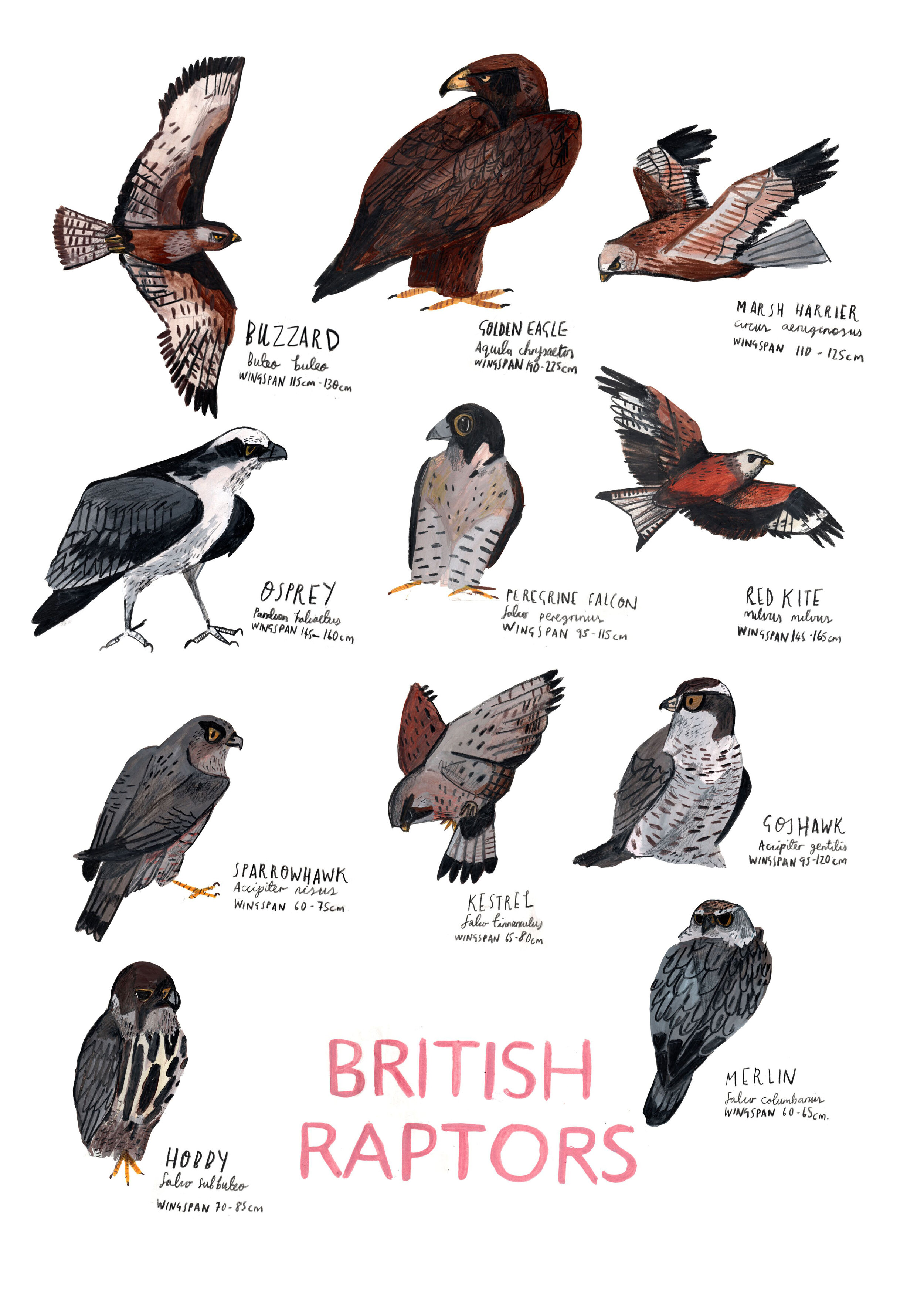Jon Saxon of Doghouse Magazine pops round 'the Block' – as it's known by its locals – for a game of dobbers and a pint of Wickwar's Bob served straight from the cask
Photo: Richard Stanton
It’s a most common sight these days: public houses bearing a for-sale sign and chipboard shutters – in many cases reborn as residential housing; re-imagined as a supermarket, or demolished altogether – in these instances: losing not only the banter at the bar, the casks of beer doing their thing down below – but also the pool table (billiards in some places) a dart board, box of dominoes, and, in rarer cases, skittle alleys, shove ha’penny boards, and quoits tables.
People thankfully bow their heads for the out-of-work landlords, breweries with at least one less outlet, and the regulars left with nowhere to be just that, but little respect is paid for the traditional pub games found rotting in the car park: a largely ignored victim in the wake of pub demise. Subsequently many villages and town, whole districts and counties in some instances, have had their pub gaming heritage wiped clean from the board.
Even in terms of live-and-well pubs, the bread-and-butter pool table and dartboard seem to be in rough decline, as these hulks of wood on wheels and circular targets mounted on the wall, make way for dining chairs and tables. A pool table, dartboard or cribbage board can be easily reinstated, but perhaps by then the players would have long since gone and the teams dried up, the next generation lost, gone the way of the all important rulebook.
And lost too are the accessories: the chalkboards layered with near wins, outright victories and severe losses; the littered pages of league fixtures pinned to any easy surface; and the worn-to-the-floor foot markers. And then there are the glass cabinets teaming with awards: the dart plaques; the handled pool trophies; the etched glasses and engraved wooden shields, and – for the less fortunate – the wooden spoon.
Yet where some banish the games and awards to a storeroom, or auction them off entirely, others continue the tradition – not as a gimmick, but because people like playing games over a pint.
The red-brick two-room Butchers Arms in Gloucestershire’s Eldersfield is such a pub. Open the front door of a Friday evening and you’ll sometimes discover this free house awash with quoits challengers. Some are here for the community spirit, simply basking in the sheer fun of it all. However, there are others who take dobbers – as I hear it being called from time to time – very seriously indeed.
Limbering up in the corner is a team eying the spoils of success this same evening. They seem a little more eager than perhaps their rivals found chatting at the bar ordering another round of Wickwar’s Bob, served straight from the cask.
The scuffed appearance of the table, painted in a traditional red and green, wears decades of competition. It’s a game of no-little skill. The aim is to throw your rubber quoits – white side up to score – and lasso the central peg, also known as a hob, mott or pin. That will gain you five points. Two points are scored for landing in the inner circle and one for landing in the outer.
Locally nicknamed ‘the Block’ after a butcher’s block that once resided by the front door, before the elements rotted it away, the pub actually takes its name from the room next door to the bar – formerly a butcher’s shop. It may well have swung back and forth with its name change over time – spending some time as The Greyhound – named by a then landlord in the 60s who was a part of a racing hound syndicate; before reverting, relatively recently, to its original designation – but it appears to have what most seem to wish of a public house: pre-booked dining tables, quality beer kept and delivered with care, and traditional pub activities – which just like the game of dobbers here on a Friday evening, down on Lime Street, is not as easy as it looks. Five points to The Butchers Arms.














